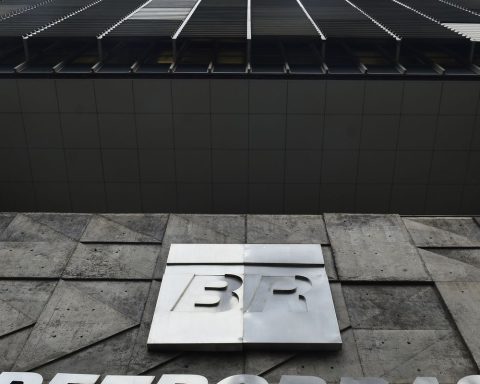The increase in the Selic rate (basic interest rates in the economy) to 13.75% per year received criticism from the productive sector. For industry entities, the decision of the Monetary Policy Committee delays the recovery of the economy, increasing costs and reducing production, consumption and employment.
In a note, the National Confederation of Industry (CNI) classified the increase in the Selic rate as “mistaken”. For the entity, the fact that interest rates are 7.8% above the expected inflation for 12 months from now indicates that the increase was exaggerated.
“The CNI understands that, at this moment, the new interest rate increase is unnecessary to fight inflation and will bring unnecessary additional costs to economic activity, with negative effects on consumption, production and employment”, said, in a note, the president of the confederation, Robson Andrade.
For the CNI, the Central Bank (BC) would not need to increase interest rates because recent measures, such as the reduction of taxes on electricity, fuel, telecommunications and public transport are causing inflation to fall. “For July and August, inclusive, the expectation is for deflation”, highlighted the entity in the statement.
The Federation of Industries of Rio de Janeiro (Firjan) informed, in a note, that “it considers the Central Bank’s decision to raise the basic interest rate to 13.75% per year to be inadequate. Although since March 2021 the Selic rate has been suffering consecutive increases in an attempt to curb consumption, expectations regarding future inflation remain unanchored.”
The communiqué also says that the imbalance in the economy’s price level is not a phenomenon exclusively of demand, but above all of restriction of supply. “Inflationary dynamics are, to a large extent, the result of the disorganization of global production chains, caused by the covid-19 pandemic and potentiated by the impacts derived from the war in Ukraine. The shocks had repercussions, above all, on the rise in the prices of inputs and raw materials.”
According to the entity, the consecutive increase in the Selic rate not only sacrifices the productive sector, which still experiences the effects of high costs, but also raises the public debt. “At a time when the world is going through a period of high uncertainty, fueled by war, covid-19 and the risk of recession, it is essential to adopt a more moderate monetary policy, which is attentive to the challenges of economic growth in the coming years”, informed the communiqué.
Firjan also warned about the need to maintain responsible fiscal management during the election year. “The search for approval of structural reforms will generate an environment of greater credibility, make it possible to carry out investments in strategic sectors of the economy and contribute to price stability in the long term.”

















